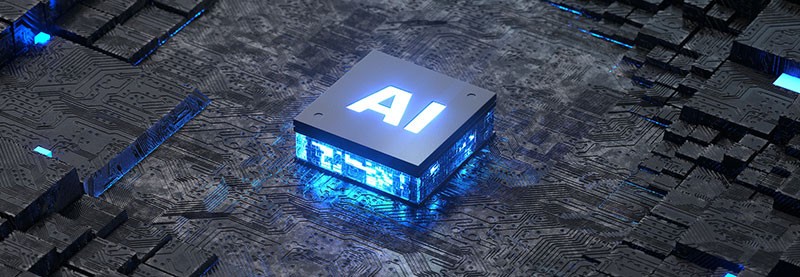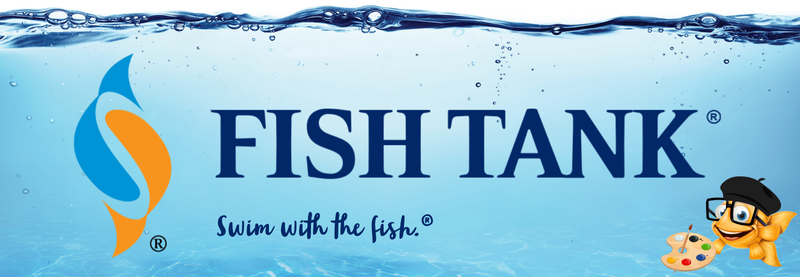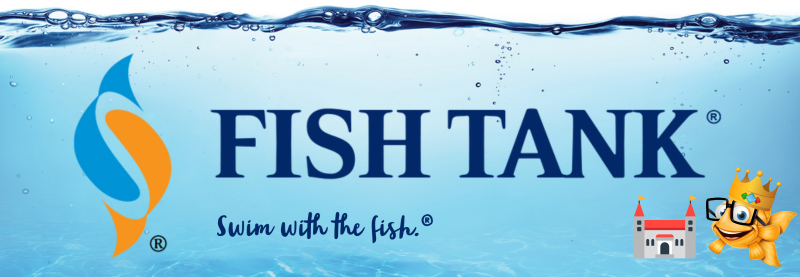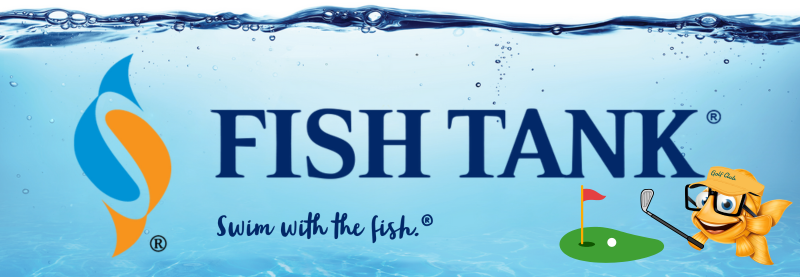Intellectual Property Insights from Fishman Stewart PLLC
Newsletter – Volume 23, Issue 11
Share on Social
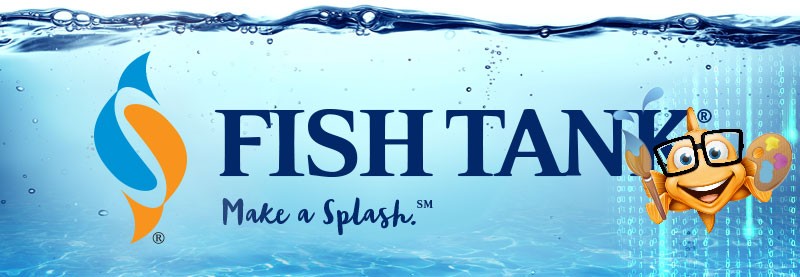
US Copyright Protection for AI-Generated Works
By Kristyn Webb
The US Copyright Office recently made headlines for partially revoking a copyright registration it previously issued for an AI-generated graphic novel. Artist Kristina Kashtanova used the Midjourney platform to create images that she included in her graphic novel called Zarya of the Dawn. Then, Kashtanova filed an application to register the copyright listing herself as the sole author of the work. The Copyright Office issued a registration, and shortly thereafter, Kashtanova posted on social media that she had obtained the first copyright registration for an AI-generated work.
The Copyright Office became aware of Kashtanova’s posts, reopened the case, and issued a new registration, covering only the materials created exclusively by Kashtanova: the text, and the selection and arrangement of the images and text. The individual images created by Midjourney were excluded from copyright protection because the Copyright Office determined that Kashtanova’s user prompts were insufficient to make her an “author” of the Midjourney image outputs. The Copyright Office reasoned that, unlike other tools used by artists, like Adobe Photoshop, a Midjourney user cannot control or predict the outputs that Midjourney will generate.
Kashtanova has hinted at plans to appeal the Copyright Office’s decision. If so, the federal court hearing the matter will have to decide whether it agrees with Kashtanova, and that Midjourney is no different from any other artistic tool. After all, the element of randomness and unpredictability in the creative process has not resulted in forfeiture of copyright protection in other mediums, like a Jackson Pollock painting, or the Zapruder film. Or the federal court may side with the Copyright Office and find that whatever creativity there is in the output comes from the AI machine, rather than the human user. Regardless of which side the court chooses, the outcome will have profound effects on the legal protection available for AI-generated artwork.
Since issuing its decision in Kashtanova’s case, the Copyright Office has issued guidance on registration of AI-generated content. In short, the Copyright Office recognizes that some AI-generated content may attract copyright protection where there is sufficient human involvement in the creative process, but that copyright protection will only extend to the human-authored aspects of the work. Further, any AI-generated content must be disclosed and disclaimed in the application process before the Copyright Office, or if a registration has already issued, a supplementary registration should be filed.
We will keep you updated as these areas of law and technology develop.
Kristyn Webb is the Group Leader of Fishman Stewart’s Copyright Practice Group, and is currently earning a Master’s Degree in Copyright Law at King’s College London.

Related Content from Fishman Stewart
People have long pondered whether or not the Giza pyramids were indeed solely burial chambers, which was the only known, and archaeologically determined, use—until now.
As the story goes, Klein was so taken with the indescribable blue of the sky over the Mediterranean in Nice, France, that he dedicated his artistic talent developing a blue that would imbue the canvas with this color in its purest form.
Despite her pseudo-legal background in Suits, Meghan has been running into one issue after another in her efforts to register the trademark and logo for her new lifestyle company, for now, called “AS EVER”.
By 1930, efforts began in New York to replace Mother's Day with Parent's Day because men were more than just breadwinners. Those efforts didn't catch on, probably because in that era, women often spent more time in the home.
In February, Nike and Skims announced that they will be working together on a new brand, NikeSkims. The co-brand will create a new line of training apparel, footwear, and accessories specifically designed to meet the unique needs of women athletes.
Generally, federal courts have exclusive jurisdiction over copyright cases, and often, this presents an insurmountable paywall for individual artists and small businesses to vindicate their rights, especially where the value of the individual copyrighted works are relatively low.
Dedicated to raising public awareness about the importance of encouraging innovation and creativity throughout the world, the World Intellectual Property Organization (WIPO) annually observes World Intellectual Property Day on April 26 to showcase the role that patents, trademarks, industrial designs, copyrights and trade secrets play in our everyday lives.
Hold onto your foam fingers, sports fans – college sports just got a whole lot more interesting! The latest updates to Name, Image, and Likeness (NIL) rules are making student-athletes bigger than ever, and it’s not just about the game anymore.
Did a federal court in Louisiana recently decide that US copyrights are global rights? It seems so.
L.A.B. Golf aims to protect its innovations, and therefore its market position, owning three patents for its zero-torque design. The question now is whether L.A.B. Golf can withstand the wave of copycat designs.
IDENTIFYING, SECURING AND ADVANCING CREATIVITY®


